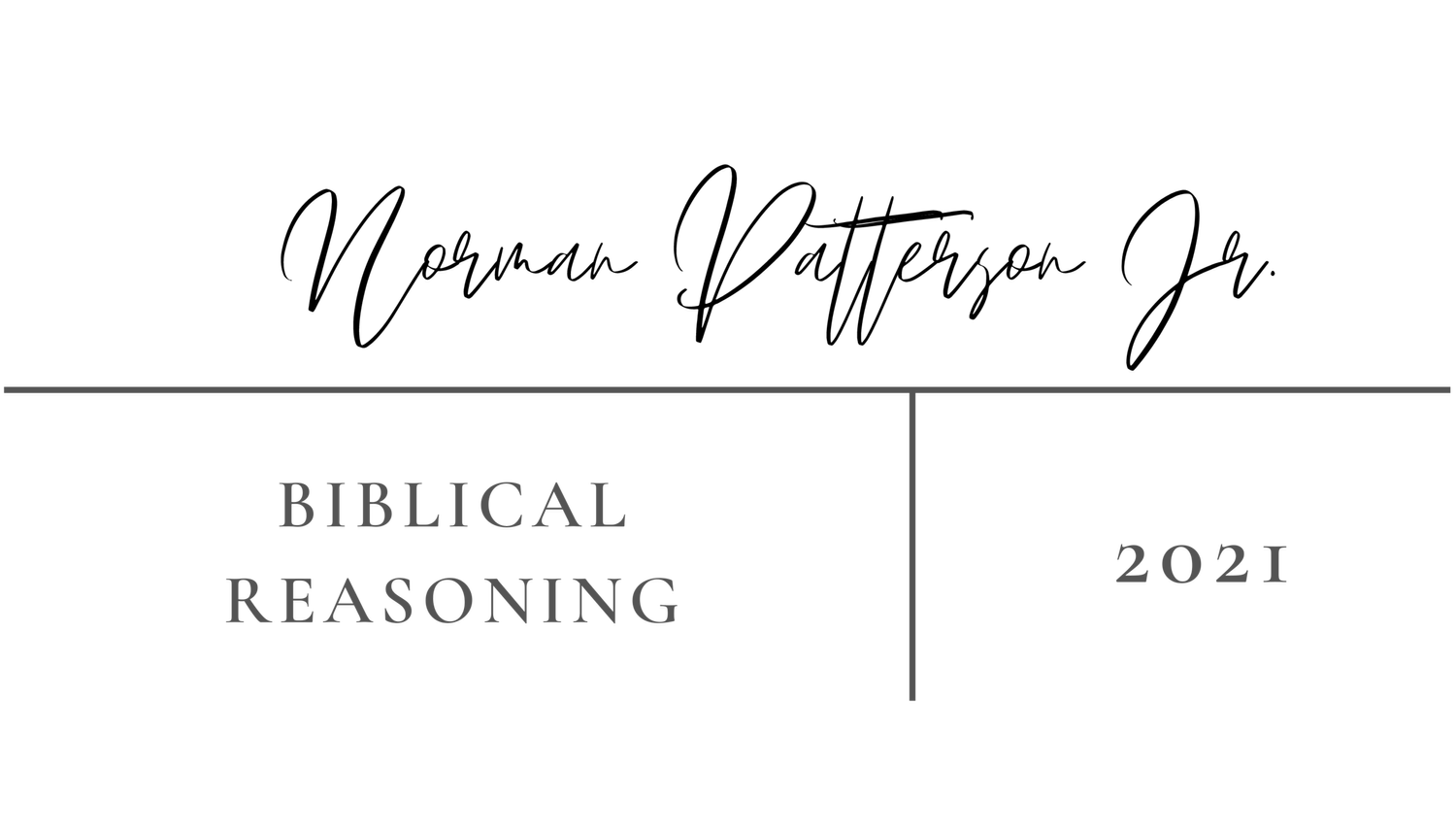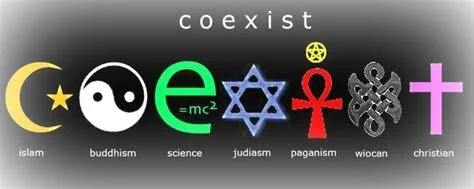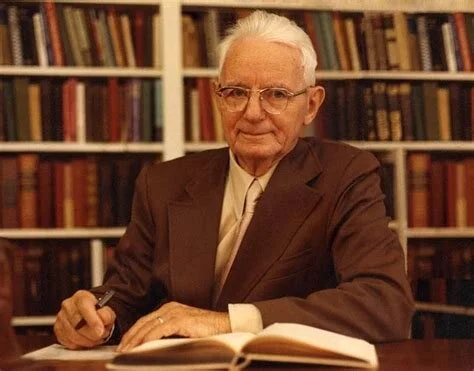The Myth of Co-Existence
Introduction
One of the most popular bumper stickers of our time is the one that calls for Co-Existence. This blog post intends to expose the reality of why Biblical Christianity and the Co-Exist Movement are mutually exclusive.
The Exclusivity of Biblical Christianity
It is easy to recognize the intolerance of Biblical Christianity. The Bible is the only self-authenticating book that claims to be the self-revelation of the one and only self-existing Trinitarian God who exists as the Father, the Son, and the Holy Spirit.
The God of the Bible not only claims to be the Truth, but He also claims that the very foundation of Truth itself cannot exist apart from Him. In other words, if you do not start with the God of the Bible, there is no such thing as Truth. To take it one step further, to deny the self-existing Trinitarian God is to destroy the foundation of logic, reason, science, and ethics.
The Legacy of Emmanuel Kant
Far too many Christians, and people in general, have accepted the presuppositions of Immanuel Kant whether they realize it or not. His legacy is the belief that the subjective human mind is what makes sense of “reality.” Our minds are responsible for universals, order, meaning, and morality. They do not exist outside of our brains. What cannot be known, according to this philosophy, is the spiritual realm. I don’t think Kant would deny that there is a spiritual realm. I think he would deny that we can know what that realm is with our finite, limited brains.
Most, if not all, modern theology is built upon this premise. Most Christians buy into this philosophical worldview. Whenever you hear someone say there exists a gap between truth and belief, you can know they have fallen for Kant’s philosophy.
Whenever you hear a Christian acquiesce or even promote the silly notion that faith and reason are mutually exclusive, you know Kant has influenced them. Statements like “faith takes over where reason leaves off” are children of Kant’s thought. Among his children are Liberal Theology, Neo-Orthodoxy, along any number of their heretical “ology” siblings.
The Foundation of “Proof” Itself
Biblical Christianity, particularly the Calvinistic theology expressed by Dr. Cornelious Van Til, understands that God’s revelation in His self-attesting Bible reveals Truth. Without this revelation, the very foundation of “proof” itself is destroyed. To prove anything, you must first presume the Bible and the God who “breathed” it into existence. As Van Til so articulately stated, the only proof of Biblical Christianity is the impossibility of the contrary.
The Legacy of Kant
One of the most significant legacies of Emmanuel Kant’s bifurcated philosophy is the practical application of relativism. If we cannot know anything beyond the physical world, and if the spiritual world cannot intersect with the physical world, we truly cannot know anything except through subjective human speculation. Any claim to absolute truth is destroyed.
This brings us to Co-Exist. This is based upon the outworkings of Kant’s philosophy. Because we cannot directly know the spiritual world, no one, I mean no one, has the right to claim they have the corner market on Truth. The best we can do is tolerate one another and accept all viewpoints as meaningful and valid.
The Dishonesty of Co-Existence
Co-Exist philosophy is not honest in its stance on the impossibility of Biblical Christianity. If relativism is indeed the order of the day, then Biblical Christianity cannot be “true.” It must necessarily be false because it alone claims absolute and total exclusivity; God is not only the Author of the Truth (John 17:17) but is Truth Himself. (John 16:6)
What many do not see is the self-defeating presuppositions of Co-Exist philosophy. Among many other humanistic Kantian-based philosophies, this philosophy claims that truth is relative. There are no absolutes, especially not the absolutes proclaimed in the Bible, and particularly not the ethical absolutes embodied in the Law of God.
There are Absolutely No Absolutes
I saw this self-defeating contradiction on my first day of college in my Sociology class. The professor proudly wrote on the board, “There are no absolutes.” I asked him if he was absolutely certain of this, which he dismissed with a smirk.
While Co-Exist presents as a kinda cool Bob Marley version of philosophy, underneath are the iron jaws of absolute intolerance. For both Biblical Christianity and Co-Exist philosophy to allow the possibility of the other to be “truth” is to passively accept the viral Trojan Horse that contains the seeds of destruction of the other. Tolerance cannot allow for the possibility of intolerance, and intolerance cannot allow for the possibility of absolute tolerance.
Let’s Be Honest
The difference between the two is that Biblical Christianity is upfront, honest, and unequivocal in its claim to Absolute Truth. The Co-Existence crowd isn’t so open. To claim there is no such thing as absolute Truth is to claim an absolute truth. It is the claim that it is absolutely true that there is no such thing as absolute Truth. As I wrote earlier, it is a self-defeating presupposition that cannot authenticate itself.
Conclusion
So the next time you see one of those Co-Exists bumper stickers, I hope you will understand why both Biblical Christianity and the philosophy behind Co-Exist cannot co-exist. The only real difference is that Biblical Christianity is honest about it. But that’s not surprising since Co-Existence philosophy does not have to be honest about anything because it is accountable to no one.




